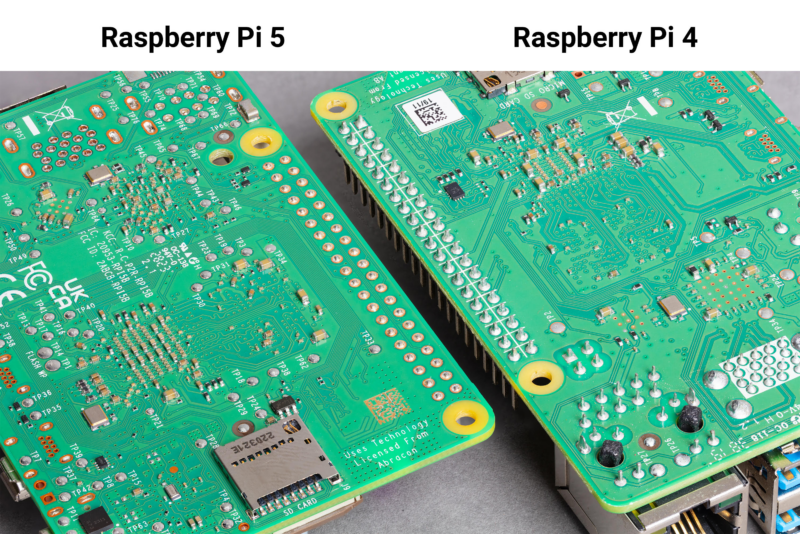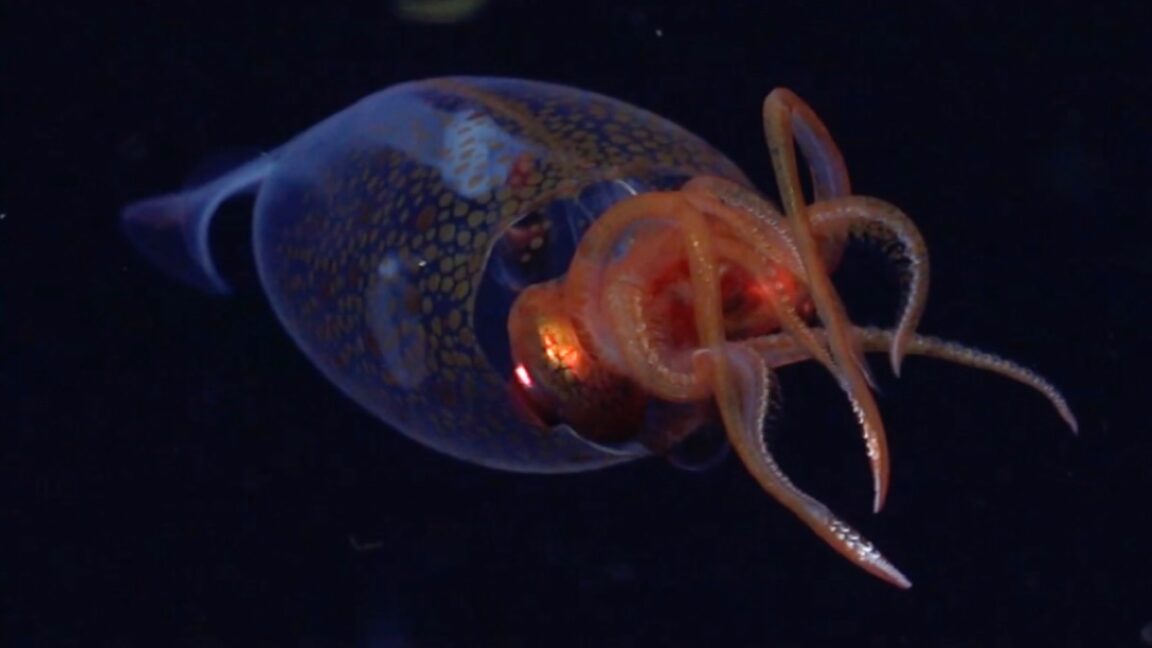3 Indian teens win Earth Prize 2025 for salt-powered fridge
Three Indian teens win the Earth Prize 2025 for Thermavault, a salt-powered cooling device set to revolutionise vaccine transport in remote areas.


Imagine a refrigerator that runs without electricity, just a handful of salt and some ingenuity. 3 Indian teenagers have turned this vision into reality, creating a salt-powered cooling device that could transform healthcare in remote areas.
Though the idea of chemical-based cooling has historical roots, pioneers like Mária Telkes explored solar-powered air conditioning in the 1970s. Thermavault pushes the innovation further by creating a portable, electricity-free refrigerator.
Indian teenagers hailing from Indore—Dhruv Chaudhary, Mithran Ladhania, and Mridul Jain—have clinched the prestigious Earth Prize 2025 for their innovative creation.
Could this be the future of sustainable cold storage? Let’s dive into how Thermavault works and whether it lives up to the hype.
What is the Earth Prize 2025?
The Earth Prize is a global environmental sustainability competition for students aged 13 to 19, offering $100,000 in prizes for the most impactful projects tackling pressing environmental issues. In its 2025 edition, the competition introduced seven regional winners, each receiving $12,500 to implement their ideas.
Chaudhary, Ladhania, and Jain emerged as the Asia regional winners, impressing judges with their practical and scalable solution to a real-world problem.
Thermavault: Harnessing salt for cooling

Thermavault is an insulated container featuring a copper inner lining and a plastic outer shell. The space between these layers is filled with a solution of salts of ammonium chloride and barium hydroxide octahydrate. When dissolved in water, they absorb heat from their surroundings, creating a cooling effect.
This endothermic reaction can lower temperatures to between 2°C and 6°C, ideal for storing vaccines, and even down to 0°C when both salts are used, suitable for certain organ transplants. Remarkably, the cooling effect lasts for 10 to 12 hours without any external power source.
Moreover, the solution is reusable. After use, the saltwater can be boiled to reclaim the salts, making Thermavault a sustainable and cost-effective alternative to traditional refrigeration methods.
Real-world impact: Enhancing healthcare in remote areas
The inspiration behind Thermavault stemmed from the trio's firsthand observations of the challenges faced in transporting COVID-19 vaccines to rural areas without reliable electricity.
By providing a portable, electricity-free refrigeration solution, Thermavault has the potential to revolutionise vaccine distribution and organ transport in underserved regions, ensuring that life-saving medical supplies remain viable during transit.
Their innovation not only won them the Earth Prize but also garnered attention from healthcare professionals. Dr. Pritesh Vyas, an orthopaedic surgeon at V One Hospital in Indore. He tested Thermavault and confirmed its efficacy in maintaining vaccine temperatures for extended periods.
Practical challenges and constructive criticism
Despite the promise of Thermavault, several limitations need addressing for widespread adoption. There are concerns about its cooling duration, which averages 10–12 hours, potentially insufficient for long transport in remote areas.
The lack of an integrated temperature monitoring system raises safety concerns for temperature-sensitive supplies. Also, the chemical components for cooling, while effective, present challenges in handling and availability in low-resource settings.
Besides, Thermavault is still in the prototype stage, with untested performance under varied real-world conditions. These critiques are constructive, focusing on improvements, suggesting potential if the issues are resolved.
With the prize money, the team of Thermavault plans to manufacture 200 units for deployment in 120 hospitals across India. They are also pursuing Performance, Quality, and Safety (PQS) certification from the World Health Organisation to facilitate broader adoption.
Additionally, they aim to secure a patent for their product, ensuring its scalability and accessibility to communities worldwide.
Empowering youth to drive environmental change
Thermavault highlights the power of youth-led innovation in addressing global challenges. By combining scientific knowledge with a passion for social impact, Chaudhary, Ladhania, and Jain have demonstrated that sustainable solutions can emerge from the most unexpected places. Their achievement serves as an inspiration for young minds to engage with environmental issues and contribute to a more sustainable future.






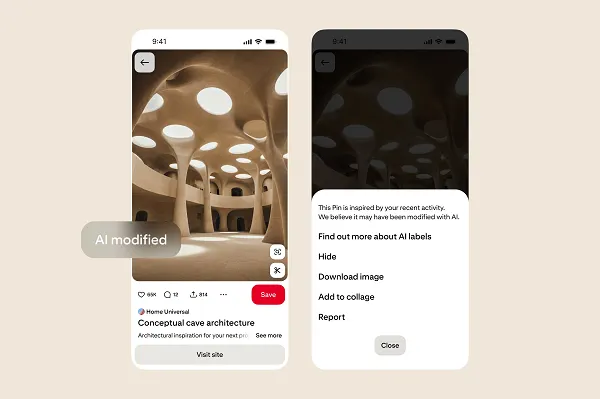

















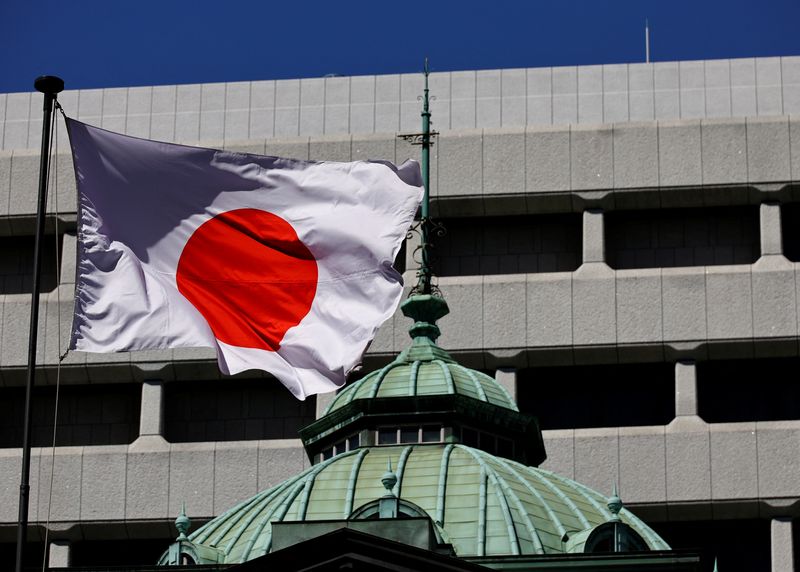

















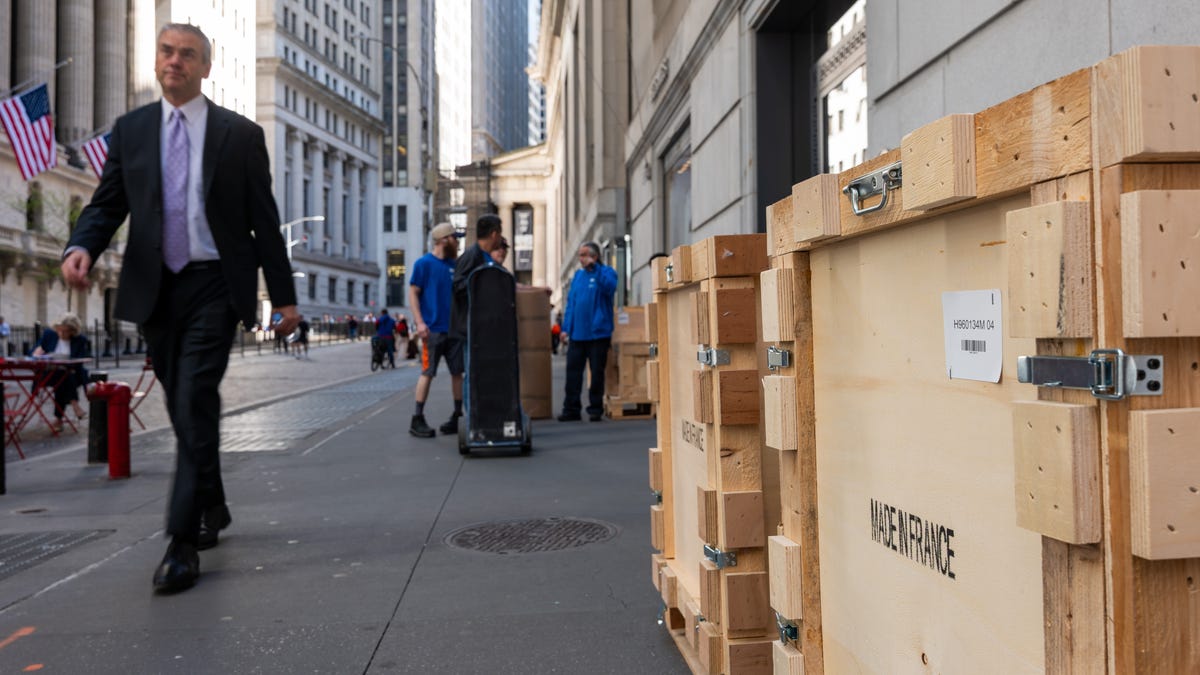









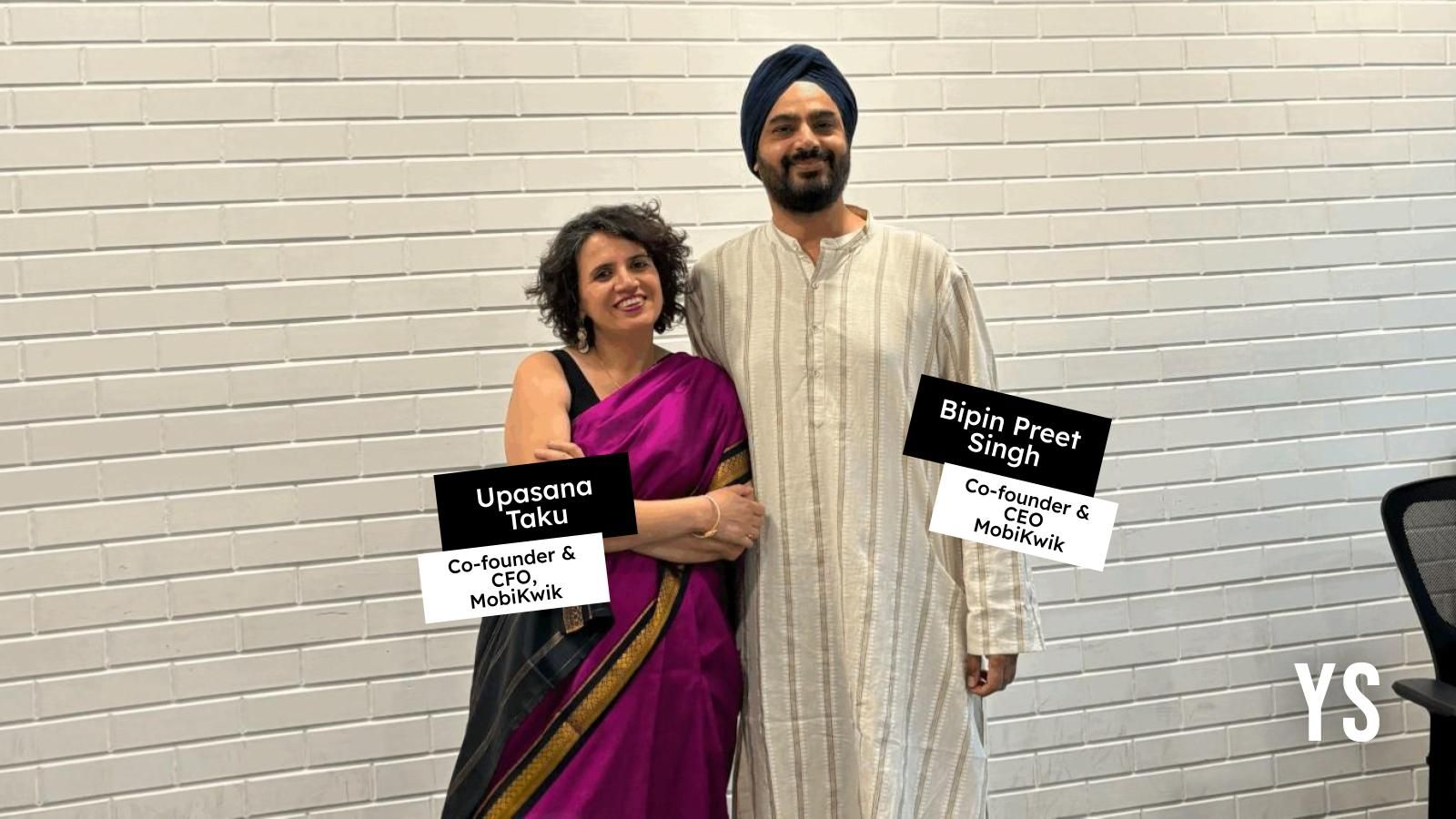


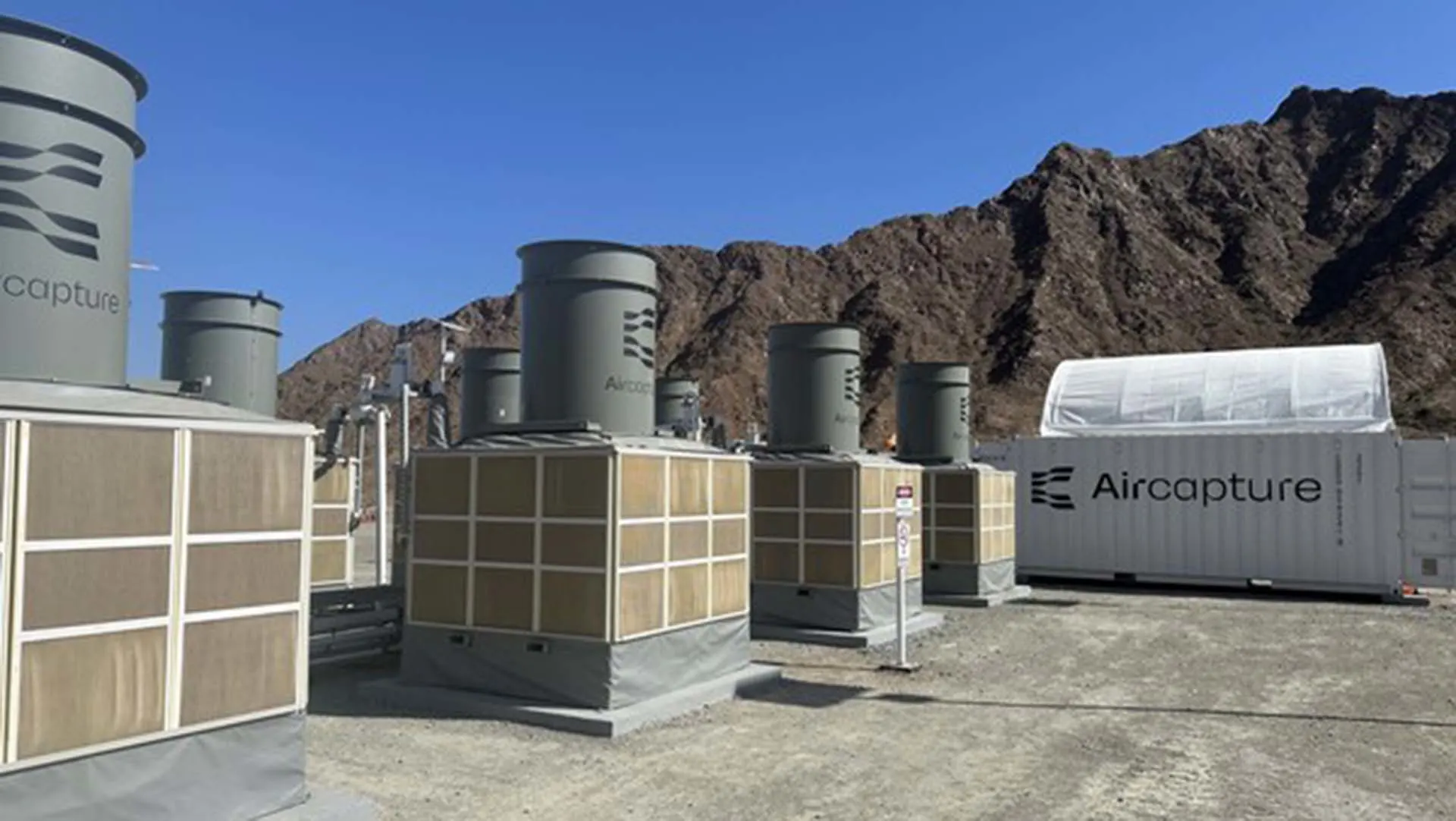
















































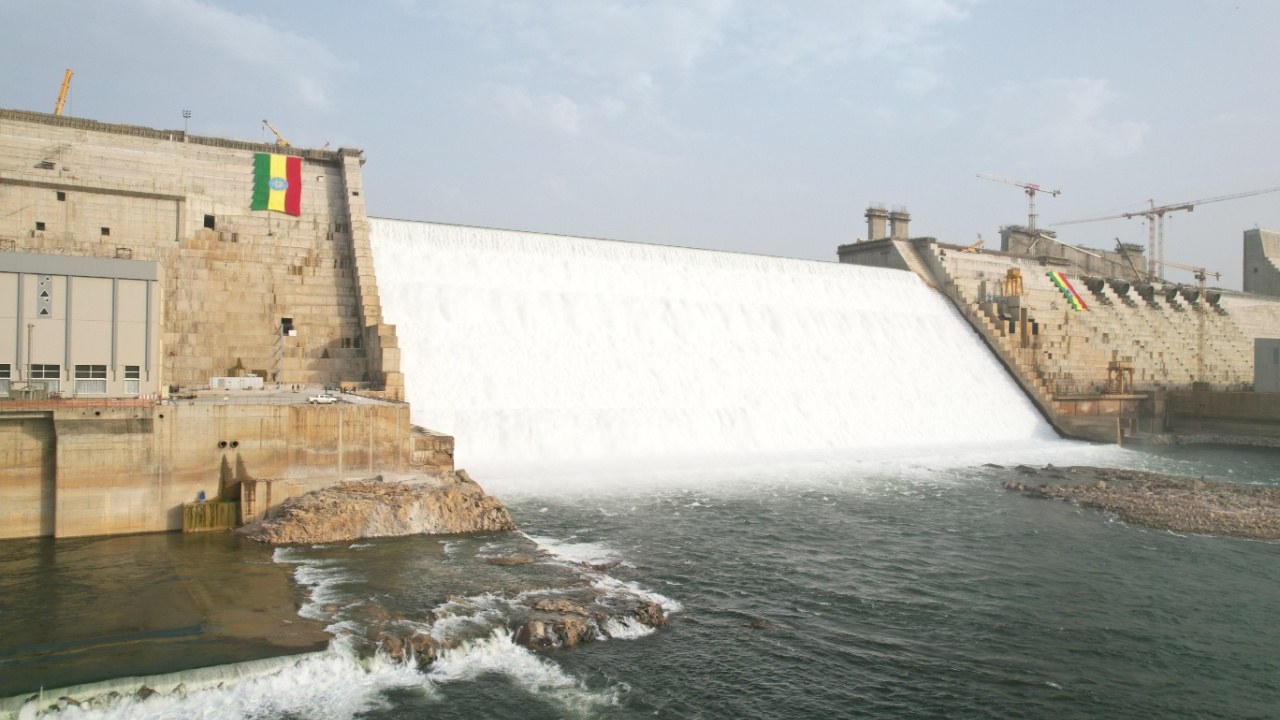
































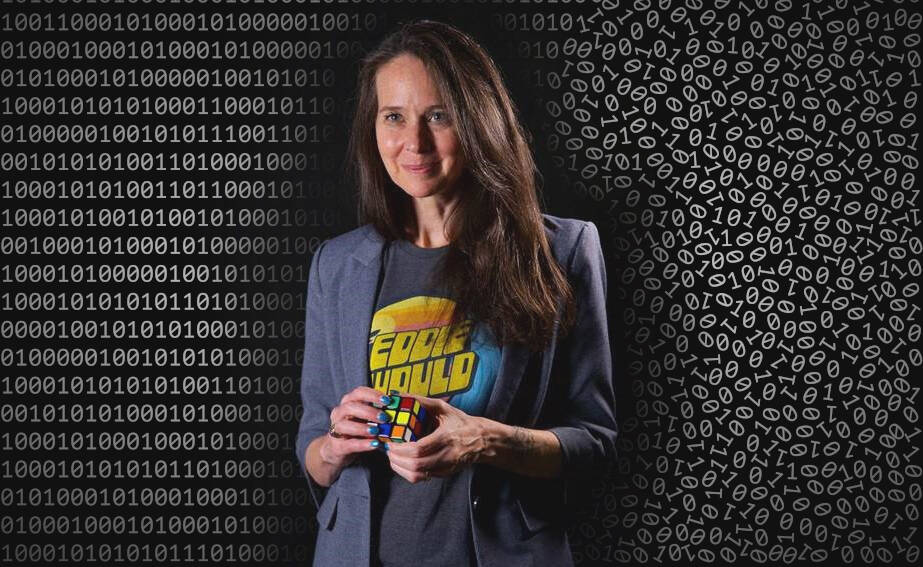




![[Free Webinar] Guide to Securing Your Entire Identity Lifecycle Against AI-Powered Threats](https://blogger.googleusercontent.com/img/b/R29vZ2xl/AVvXsEjqbZf4bsDp6ei3fmQ8swm7GB5XoRrhZSFE7ZNhRLFO49KlmdgpIDCZWMSv7rydpEShIrNb9crnH5p6mFZbURzO5HC9I4RlzJazBBw5aHOTmI38sqiZIWPldRqut4bTgegipjOk5VgktVOwCKF_ncLeBX-pMTO_GMVMfbzZbf8eAj21V04y_NiOaSApGkM/s1600/webinar-play.jpg?#)

































